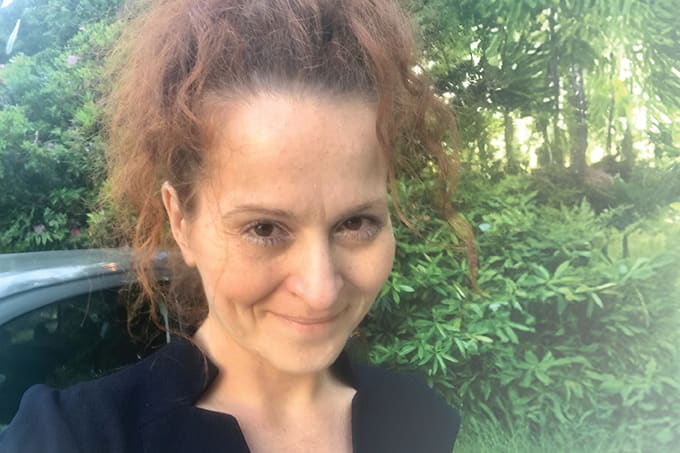An interview with Adam Snider
What makes the BioQule™ NGS system stand out from other next-generation sequencing (NGS) systems?
The BioQule™ NGS system is an easy- to-use benchtop lab automation device designed to prepare and quantitate up to eight NGS libraries in parallel. Compared with typical NGS prep automation, the BioQule™ NGS system is intended for lower throughput needs, preparing up to eight samples at a time as opposed to 96- or 384-well systems. It represents true entry-level automation for both manual users and larger labs who want to run eight or fewer samples without tying up their expensive systems.
Within this space, the BioQule™ NGS system distinguishes itself by being an open system, meaning that PerkinElmer supports third-party reagents and kits to give customers more options. Additionally, the system integrates fluorescence-based quantification into the automated workflow for library normalization and quality control. Typically, quantification is done manually offline, but the BioQule™ system automates the process.
What inspired the development of this system?
When my colleagues and I were research associates, most of our days were spent tracking sample preparation protocols because the existing automation platforms were well over our lab’s budget. Additionally, new lab techs struggled with many of our library prep workflows, so I wanted to make a robust, easy-to-use, and cost-effective automation platform that frees up people’s time to work on valuable research while ensuring libraries are properly prepared.
What challenges do labs face when implementing automated systems – and how does the BioQule™ NGS system’s design solve them?
Many larger automation systems have a steep learning curve, even with prewritten automation scripts. Users need to be mindful of deck-setup details and attend to errors that may occur mid-run, such as pipette tip problems or low reagents. The BioQule™ technology employs a single- use cartridge system that includes the tips and an assay plate that comes pre-plated with reagents, making the few pipetting steps easier and providing a simpler solution for end users. This simplicity is especially important for smaller labs who may be new to automation; however, for larger labs that already work with large automation systems, the most important factor of the BioQule™ is its dependability, because they may run dropout samples from a larger assay and need to know that the library is prepared properly every time.
To maximize a researcher’s time, an automated system should require as little manual intervention as possible. A normal NGS library prep, including quality control, has about 13 manual intervention points; the BioQule™ NGS system reduces that to two – a front-loaded setup step and library recovery at the end of the protocol. For staff facing high workflows and limited resources, this means far less time pipetting and monitoring and more time running libraries and working on research.

What assays can the system offer?
Currently, the product is focused on NGS library preparation. We’ve started with DNA whole-genome sequencing, and we are working on a number of other library preparation kits. Additionally, the BioQule™ technology enables some further applications that we aim to develop in future.
How does the system support expansion on the range of offered assays?
The BioQule™ NGS system contains a magnet for bead-based procedures, an integrated thermocycler, an optics module, and a liquid handling system – all features typically found in larger automation systems. With support from our application development team, you can design and run customized NGS library preparation workflows.
How do the data obtained using the BioQule™ NGS system compare with those obtained using alternative methods?
Our benchmark for sequencing metrics has always been to ensure automation is equivalent to manually prepared samples by a skilled user. From there, we add reproducibility, throughput, and walk-away time to enhance the capabilities of laboratory technicians.
Adam Snider is Product Manager for the BioQule™ system at PerkinElmer, Hopkinton, Massachusetts, USA.





